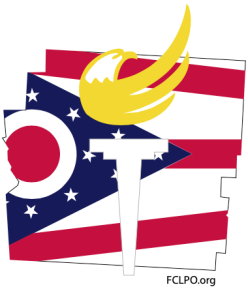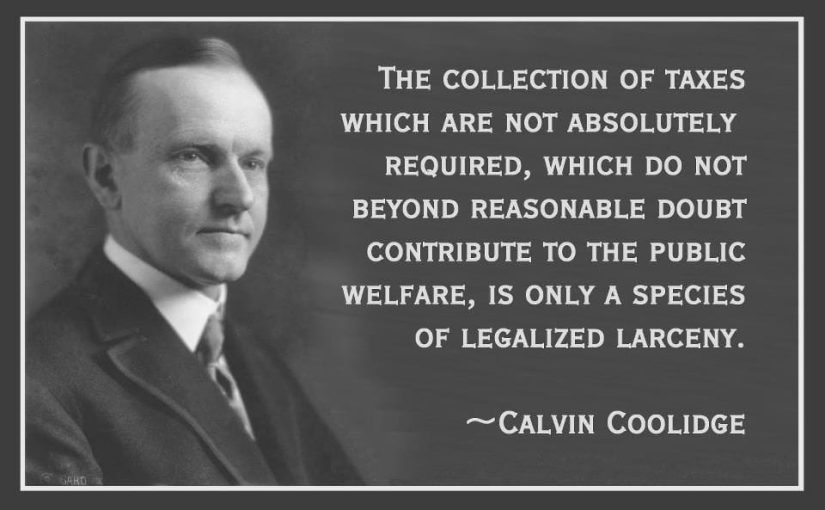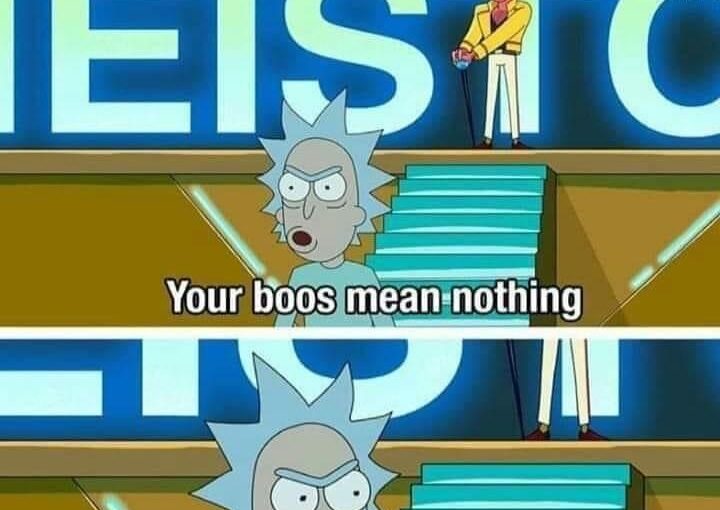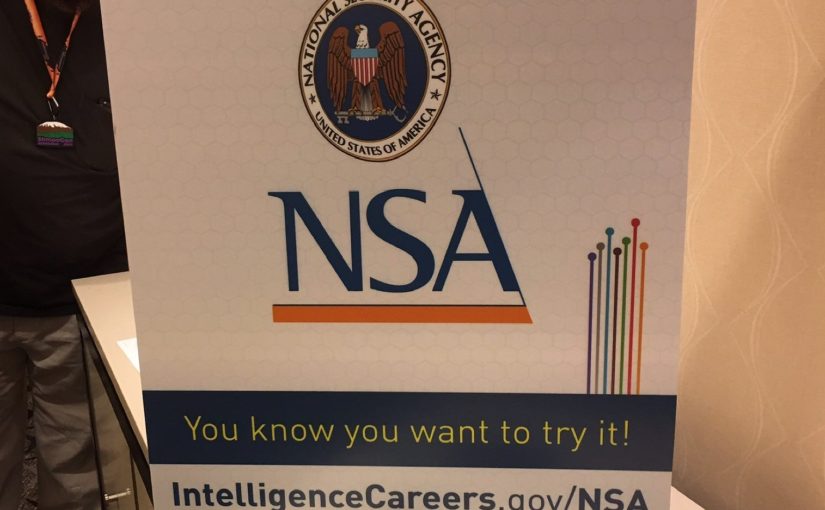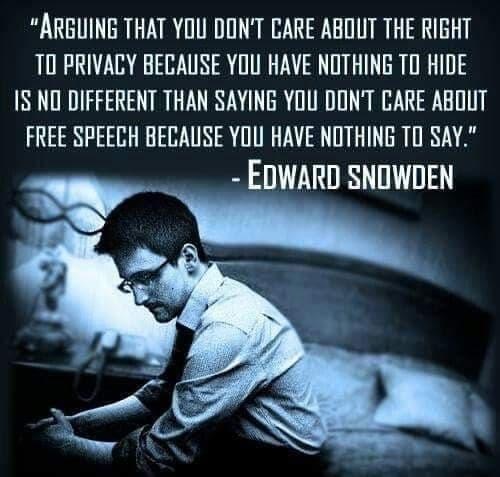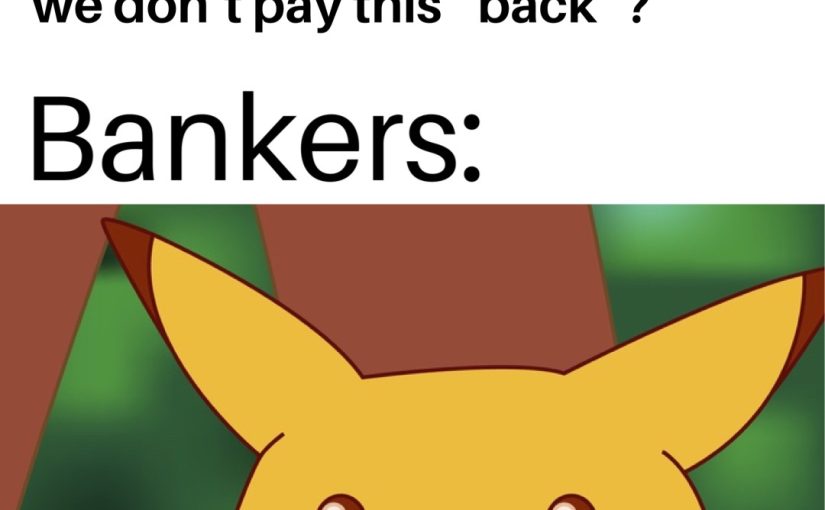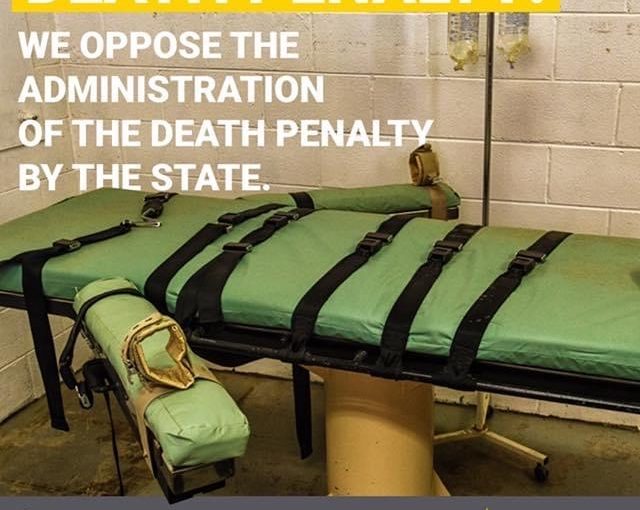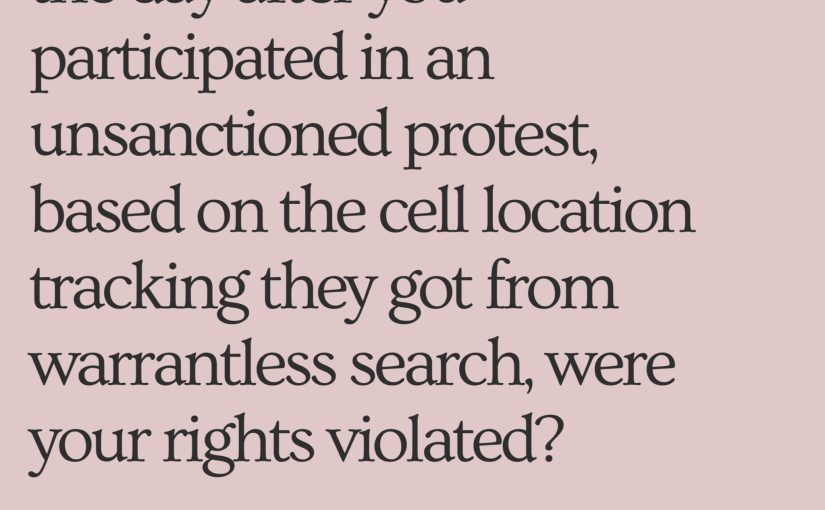Category: Political Opinion
When you get political on Facebook and people start hitting you with the angry reacts.
Nice try, NSA.
Govt enforcement of even the best intentions will fall most harshly on those without power. Voluntary adoption of any best practice is the best way to safeguard all of our rights and all of our health.
#ThinkLibertarian
Socialism for dummies
“Arguing that you don’t care about the right to privacy because you have nothing to hide is no different than saying you don’t care about free speech because you have nothing to say.” – Edward Snowden
#ThinkLibertarian
Govt: We will “loan” you all this money we create out of thin air.
We oppose the administration of the death penalty by the state.
#ThinkLibertarian
If the police text you a fine the day after you participated in an unsanctioned protest, based on the cell location tracking they got from warrantless search, were your rights violated?
#ThinkLibertarian
